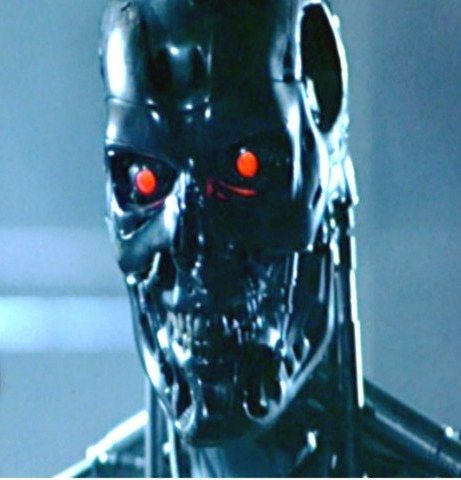I’ll be back: The return of artificial intelligence
The artificial-intelligence industry, a field that conjures up images of humanoid robots and self-aware computer systems, is making a comeback at Silicon Valley companies like Scaled Inference Inc. Inside a sparsely decorated office at the eight-month-old startup, founder Olcan Sercinoglu is developing an AI system that can help predict events, such as what website you’ll read next. While that’s far from the kind of AI found in science- fiction movies, there’s plenty of interest in this new generation of AI tools, which can help with everything from recognizing speech patterns to sorting through thousands of photos. Scaled Inference is one of more than a dozen startups now forming the backbone of a mini-boom in AI, which is software that exhibits the intuition of people.
There was interest to invest from almost all of the investors that I spoke to. Many AI companies have raised significant money without any product plans.
Scaled Inference Inc founder Olcan Sercinoglu, who raised $13.6 million in funding for his venture in just five months last year
After two decades of the field suffering from scant research funding and little corporate attention, a rebirth is being spurred by interest from Google, Facebook Inc., Amazon.com Inc. and others, with Alibaba Group Holding Ltd. Chairman Jack Ma saying this week that the Chinese e-commerce company will invest significantly in the area. In total, 16 AI companies were funded for the first time in 2014, up from two in 2010, according to data compiled by researcher CB Insights for Bloomberg News. Behind much of the proliferation of AI startups are large companies such as Google, Microsoft Corp., and Amazon, which have quietly built up AI capabilities over the past decade to handle enormous sets of data and make predictions, like which ad someone is more likely to click on. Their efforts have resulted in products like Apple’s chirpy assistant Siri and Google’s self-driving cars.
This is a very nascent space where disruption can be very quick and because of the nature of the problems that are being addressed in a specific case, is highly lucrative.
Antoine Blondeau, CEO of Sentient, which specialises in technology that uses evolutionary algorithms to continuously ingest information and solve quantifiable problems

Technology